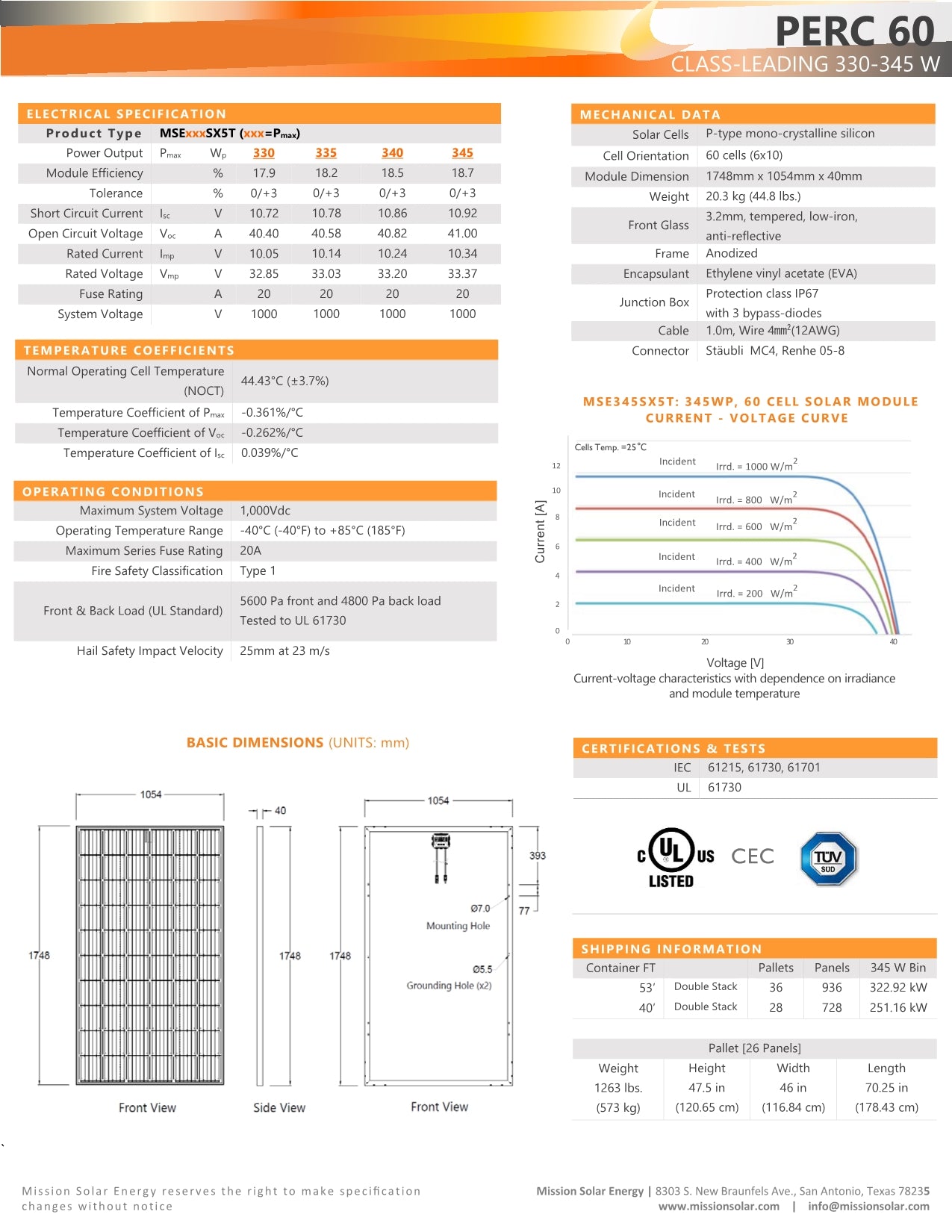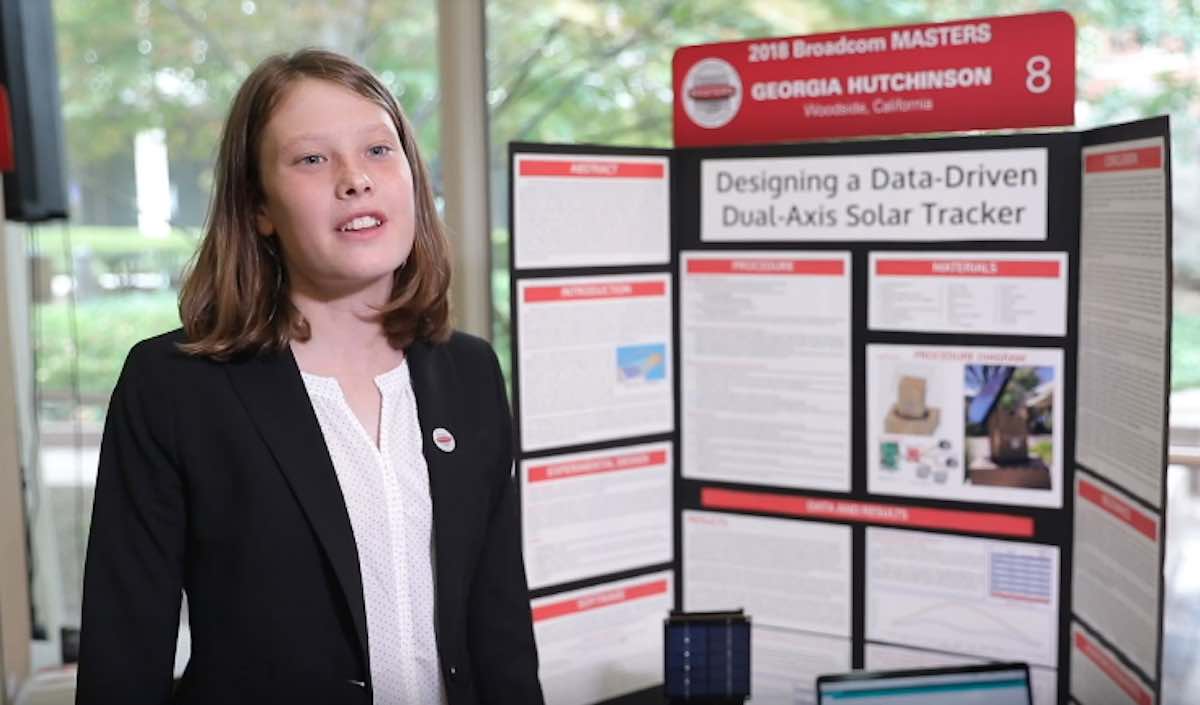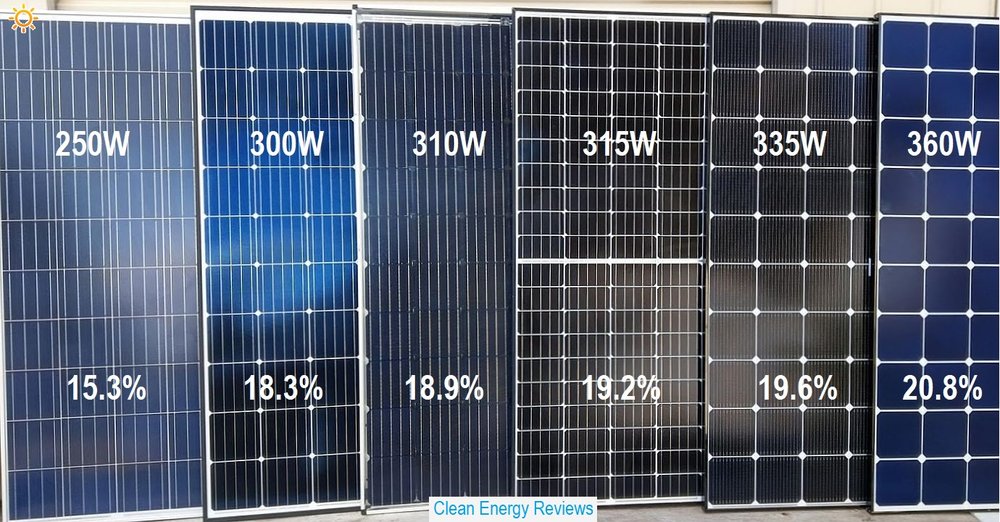
Over time, solar panels' efficiency may decrease. There are several factors that can cause this degradation, mainly weather conditions. The panels are constantly under strain from the effects of heat and cold. The slope of the roof, in addition to the weather, can also have an impact on solar panels.
Weather affects solar panels' efficiency.
Ambient air temperatures that are too high can cause solar panels to lose efficiency. Each degree that the temperature rises, the panel loses 1% of its peak output. To find out the temperature coefficient's impact on your solar panels, click here. High summer temperatures like those found in California can cause lower efficiency.
It is possible for solar panels to lose their efficiency if they are covered in snow and ice. Although solar panels are very resistant to ice, it can take them a while before they become free from the cold. Additionally, snow can block some of the sun's radiations which will reduce efficiency. Solar panels that receive less daylight in winter will also produce less power.
Color has an effect
Solar panels that utilize sunlight to produce light are more efficient then those that do not. However, a small portion of the electromagnetic spectrum is not suitable for photovoltaic production. The reason is that the shorter wavelengths make solar cells less efficient. The second law governing thermodynamics states energy absorbed must equal energy released.

You have many options when it comes to solar panels. Because the panels reflect light differently, it is important that you choose the right color. In contrast, a light-colored panel will reflect only a small fraction of the light. This will result in a decrease in light transmission, which will affect the panel's current and overall power output. The color you choose will determine the amount of loss. However, the lighter the color will have the least impact on performance. Interference coatings are a great way to reduce this effect. This will reduce the amount of reflection and help improve performance.
Chemical buildup can have adverse effects
Solar panels will eventually lose some of its efficiency. This is due to the process of degradation. This happens naturally through exposure to sunlight or other elements and can result in a significant decrease of the panels' capacity. According to a National Renewable Energy Laboratory report, solar panels lose anywhere between 0.5 to 0.8% of their annual capacity. Although the degradation rate isn’t enough to cause significant damage to most home owners it is worth considering.
Sometimes chemicals are used during the production of solar panels. These chemicals could be hazardous to the earth. In some cases, manufacturers of solar panels will simply dump these chemicals instead of recycling them. Others may use non-recyclable materials, or byproducts, to lower costs and preserve panels.
The effects of roof slope
It may not matter as much as you think. In fact, slope has less of an effect on solar panel efficiency than direction. On a steep roof, solar panels facing east at a 15-degree angle will produce the highest amount of energy. The energy produced will decrease by around ten percent by tilting the roof to five degrees. Flat roofs, on the other hand, will be covered with leaves, windborne debris, and dust. Hence, they don't self-clean.
Depending on your location, your orientation for your solar panels is important. They should be facing the south. According to Aurora Solar's research, their production of energy will suffer if they are oriented toward the north or southwest. A north-facing roof might also have solar panels partially obscured in the mornings and evenings.

Temperature affects
The efficiency of solar panel panels depends on their temperature. The highest efficiency panels are most effective at temperatures around 25° Celsius (or 77° Fahrenheit). This is the industry norm for best performance. Manufacturers rate their panels based on the amount of energy they can produce at each temperature. The temperature coefficient tells how much of the energy is reduced by each degree of temperature above this standard. This number will be on a panel's specifications sheet.
It is easy to see the effects of temperature on solar panel panels. Solar panels are more efficient in summer than they are in winter. This effect is expected to balance out in most climates. For optimal performance, it's important to be aware of the temperature in your region.